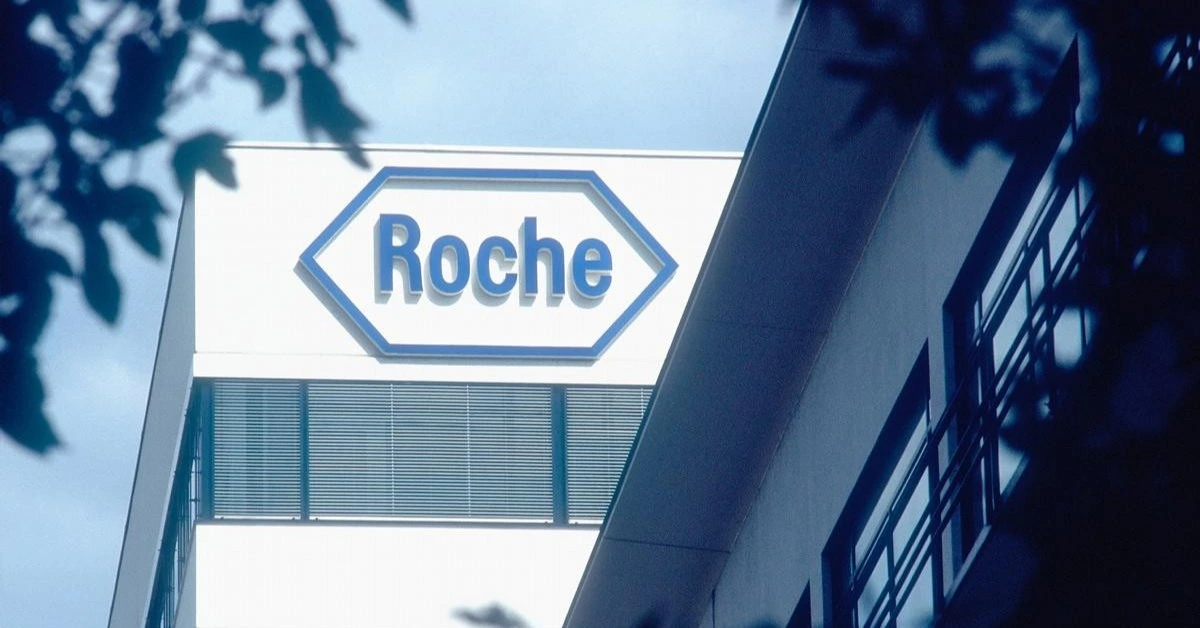
USA – Oxford BioTherapeutics (OBT) has secured a major partnership with Roche to develop new antibody-based cancer drugs.
The collaboration, which could be worth over US $1 billion, will use OBT’s OGAP-Verify discovery platform to identify new treatment targets.
The OGAP-Verify platform is a database of around 7,000 membrane proteins found in both cancerous and healthy cells.
According to OBT, this system is more accurate in identifying drug targets than traditional methods like immunohistochemical (IHC) analysis.
As part of the agreement, Roche will pay US $36 million upfront to use OBT’s technology. If successful, OBT could receive milestone payments exceeding US $1 billion, plus royalties on drug sales. The collaboration currently covers 12 drug discovery programs.
A major endorsement for OBT
This partnership strengthens OBT’s credibility in the biotech industry. The company already has agreements with Boehringer Ingelheim, AbbVie/Immunogen, Genmab, Agenus, and ZymeWorks.
Roche’s involvement is seen as a strong endorsement of the OGAP-Verify platform, given the company’s history in cancer drug development.
“By combining Roche’s expertise in discovering and developing transformative therapeutics with OBT’s innovative target discovery platform, we aim to unlock new possibilities in cancer treatment,” said Boris Zaïtra, Roche’s head of corporate business development.
“This partnership underscores our commitment to advancing potentially first-in-class antibody-based therapeutics,” he added. “Together, we aim to accelerate the development of innovative therapies that address major unmet patient needs in oncology.”
OBT’s growing pipeline
In January, Boehringer Ingelheim exercised its fourth option on a cancer target identified through its alliance with OBT.
This partnership, which began in 2013, has already resulted in two clinical-stage T cell engager (TCE) therapies targeting DLL3 and B7-H6, currently in phase 2 and phase 1 trials, respectively.
Meanwhile, OBT’s in-house development program is led by an antibody-drug conjugate (ADC) called OBT076, which targets the CD205 antigen.
It is being tested in combination with Agenus’ PD-1 checkpoint inhibitor, balstilimab, in a phase 1 trial.
XRP HEALTHCARE L.L.C | License Number: 2312867.01 | Dubai | © Copyright 2025 | All Rights Reserved